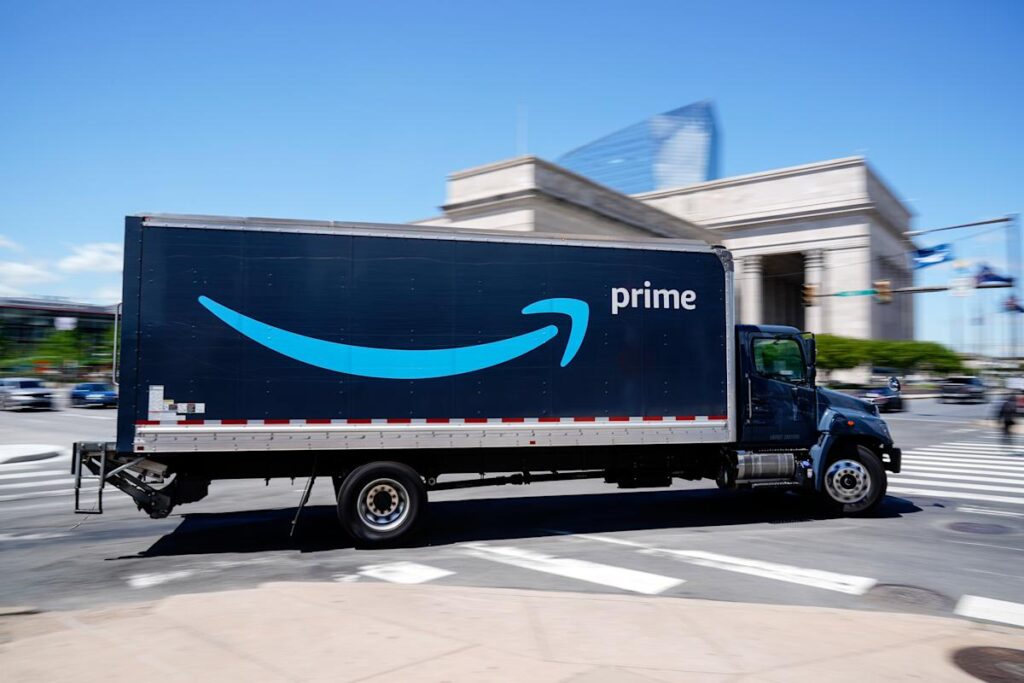Intellectual property (IP) theft has become a significant security concern in today’s globalized economy. Evolving technologies and the rise of artificial intelligence have made it easier than ever to steal hard-working businesses’ most creative ideas, costing the American economy up to $600 billion annually, while enriching some of the world’s most dangerous criminal organizations.
It’s critical that the public understands the impact of this crime. In April, hundreds of organizations from across the country participated in World Intellectual Property Day, raising awareness about the issue and advocating for action at all levels of government.
However, public awareness is only part of the solution. Enacting real, tangible policy changes that address this security threat means acknowledging that it is part of a much larger ecosystem of transnational illegal trade.
Criminal organizations profiting from illegal trade operate like large businesses. They depend on complex supply chains, the profitability of goods, and reliable distributors. They assess risks and rewards and utilize the same networks to move other illicit commodities in the process. The routes that are used to smuggle drugs are often used to move other illegal goods such as counterfeits, wildlife, and even humans. This interconnected, shadowy economy is booming – making up a $2.2 trillion industry that accounts for nearly 3% of the global GDP.
You don’t need to look far to see illegal trade in action. For example, a recent survey, shows that over 50% of small businesses have reported incidences of organized retail crime (ORC), with over 30% of these cases turning violent. Including brazen crimes such as theft and armed robbery, ORC costs U.S. retailers upwards of $1 billion a year in sales, while placing our communities and workforce in imminent danger.
In some instances, just going online can be risky as consumers can easily be deceived into buying an illicit product, lured in for a price that’s too good to be true. Online marketplaces have quickly become a hotbed of illegal trade not just because of the anonymity they provide criminals, but because of the lack of accountability to keep shoppers safe. Few legal guardrails exist that hold even our most trusted e-commerce platforms liable when crooks exploit their sites. The consequences are staggering.
A 2023 Michigan State University study found that nearly 7 in 10 consumers were deceived into buying a counterfeit item within the past year. Moreover, almost 36% of counterfeit items sold online fail to meet U.S. product safety standards, posing serious health risks for unsuspecting consumers.
The good news is that we can beat these criminals at their own game. While serving with Homeland Security Investigations, the investigative arm of the Department of Homeland Security, my team worked alongside industry leaders and world-class researchers to undermine transnational criminal organizations that perpetuated illicit commerce.
Exchanging data and best practices with our private sector partners was critical in exposing layers in the illegal trade ecosystem and dismantling fraudulent schemes that jeopardize national security.
The fact remains that criminal organizations are pros at adapting. They survive by exploiting legal loopholes and constantly evolving technologies. No single entity or “silver bullet” policy can extinguish illegal trade on its own. It requires public-private sector collaboration, information-sharing between financial and online data-holders and enforcement personnel, and sound policy through all levels of government.
In 2021, Philip Morris International (PMI) launched “United to Safeguard America from Illegal Trade” (USA-IT) – a public education initiative supported by 85 national and state law enforcement agencies, academics, and leading business organizations dedicated to combating all forms of illegal trade.
Since its inception, USA-IT has trained over 36,000 law enforcement officials to spot warning signs related to these crimes and dedicated millions of dollars to support front-line organizations. The coalition also ensures that our nation’s first line of defense—the general public—understands how to spotlight suspicious activity that could endanger themselves and their communities. Raising awareness on this issue has built momentum our nation desperately needs to keep the bad guys at bay.
Throughout my decades-long career, one thing has become abundantly clear: although criminals are smart, the good guys are smarter—especially when we work together. Now is the time to fight back to keep our nation, our economy, and our communities safe and prosperous.
Alysa D. Erichs is the Spokesperson for United to Safeguard America from Illegal Trade (USA-IT) and former Acting Executive Associate Director for Homeland Security Investigations (HSI) (ret).
Read the full article here


